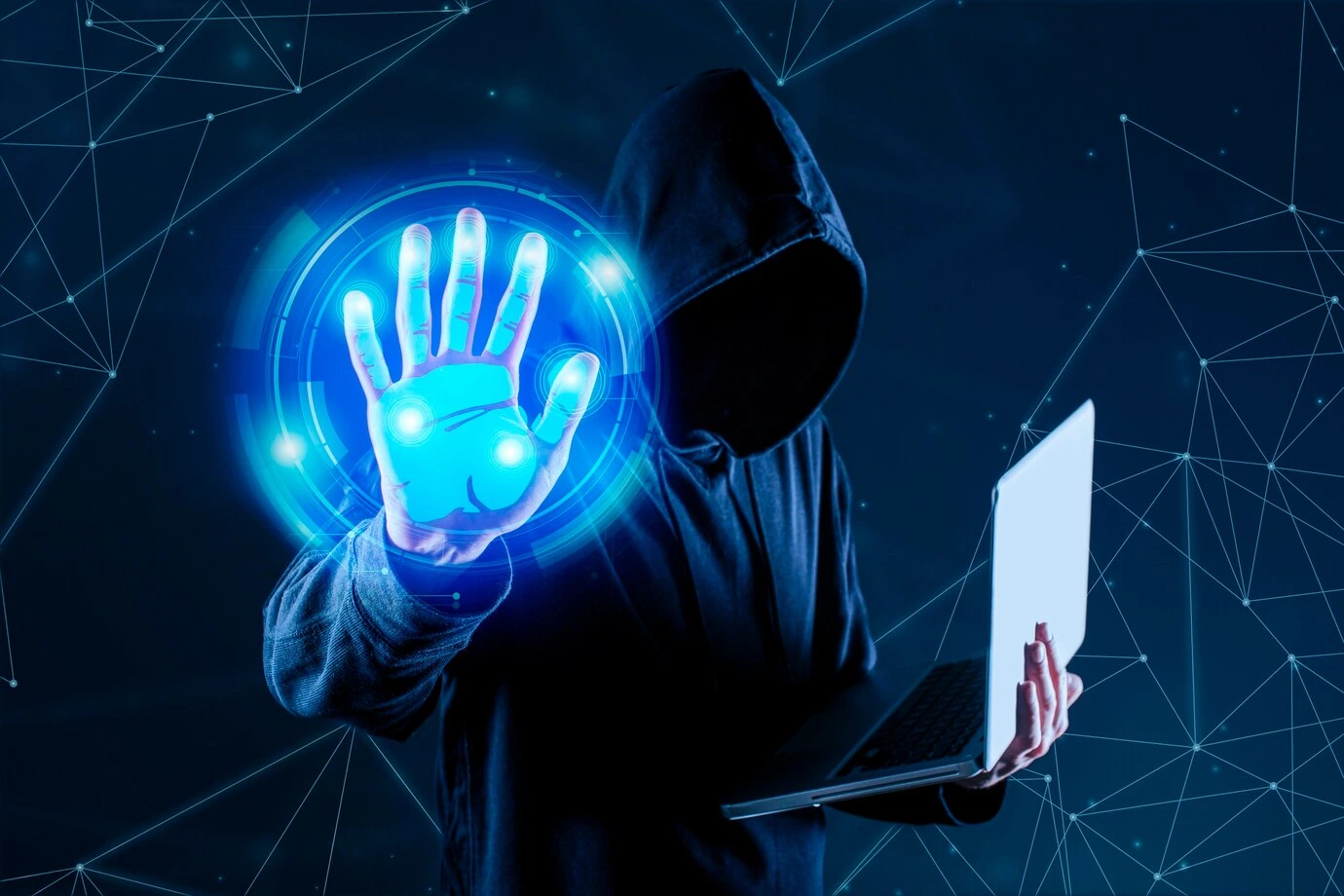In today’s digital age, data security is of paramount importance. As technology advances, so do the methods used by malicious actors to breach security systems. One such intriguing development is the use of artificial intelligence to detect passwords through keystroke sounds. This article will delve into this fascinating topic, exploring how AI is making strides in deciphering passwords by analyzing the sounds of our keystrokes.
In a world dominated by digital technology, passwords are the keys to our virtual lives. We rely on passwords to safeguard our personal information, financial data, and more. However, the conventional method of typing passwords might no longer be as secure as we once thought.
What is Keystroke Sound Analysis?

Before diving into how AI detects passwords through keystroke sounds, let’s understand keystroke dynamics. Each individual has a unique typing pattern – the rhythm, speed, and pressure applied to keys while typing. This uniqueness forms the basis of keystroke dynamics.
AI and Keystroke Sound Analysis
Artificial Intelligence, with its incredible learning capabilities, has now extended its reach into the realm of cybersecurity. Researchers have harnessed AI’s power to analyze the sounds produced while typing on a keyboard. By studying the variations in keystroke sounds, AI algorithms can deduce the characters being typed.
The Science Behind It
The science behind AI detecting passwords through keystroke sounds is intricate. It involves a deep learning process where AI algorithms are trained to recognize and differentiate the acoustic fingerprints of each key on a keyboard. These acoustic profiles, combined with the timing of keystrokes, provide AI with the necessary information to reconstruct the typed text.
AI in Cybersecurity
The application of AI in cybersecurity is both groundbreaking and concerning. On one hand, it offers the potential to enhance security measures by identifying unauthorized access attempts. On the other hand, it raises significant privacy and ethical concerns, as it challenges the traditional notion of password security.
Ethical Concerns
As with any technological advancement, AI detecting passwords through keystroke sounds brings ethical dilemmas to the forefront. The invasion of privacy and potential misuse of this technology are major concerns. Striking a balance between security and individual rights is crucial.
Protecting Your Passwords
In light of this emerging technology, it is essential to take proactive steps to protect your passwords. Employing multi-factor authentication, using password managers, and being cautious about typing sensitive information in public spaces can help safeguard your digital assets.
Future Developments
The world of AI is ever-evolving, and so is its role in cybersecurity. Researchers continue to refine AI’s ability to detect passwords through keystroke sounds. This technology may find its place in enhancing security or raising new concerns in the coming years.
Table of Contents
ToggleFAQs
1. Can AI detect all types of passwords?
AI’s ability to detect passwords through keystroke sounds depends on various factors, including the quality of the audio recording and the sophistication of the AI algorithm. While it poses a potential threat, strong password practices can mitigate the risk.
2. How can I protect my passwords from AI detection?
You can protect your passwords by using multi-factor authentication, regularly updating your passwords, and avoiding typing sensitive information in public places. Additionally, using a reliable password manager can enhance your security.
3. Are there any laws or regulations addressing the use of AI in cybersecurity?
As of now, there is no specific global regulation addressing the use of AI in cybersecurity. However, data protection laws and privacy regulations may apply depending on your jurisdiction.
4. What should organizations do to defend against AI-powered password detection?
Organizations should implement robust cybersecurity measures, including intrusion detection systems, regular security audits, and employee training on cybersecurity best practices. These measures can help safeguard against AI threats.
5. What are some alternative authentication methods to passwords?
Alternative authentication methods include biometrics (such as fingerprint or facial recognition), smart cards, and token-based authentication. These methods can provide an additional layer of security beyond traditional passwords.
Conclusion
AI detecting passwords through keystroke sounds represents a significant technological advancement with both promise and pitfalls. While it offers potential improvements in cybersecurity, it also raises ethical concerns that demand careful consideration. As we navigate this evolving landscape, it is crucial to strike a balance between security and personal privacy.




